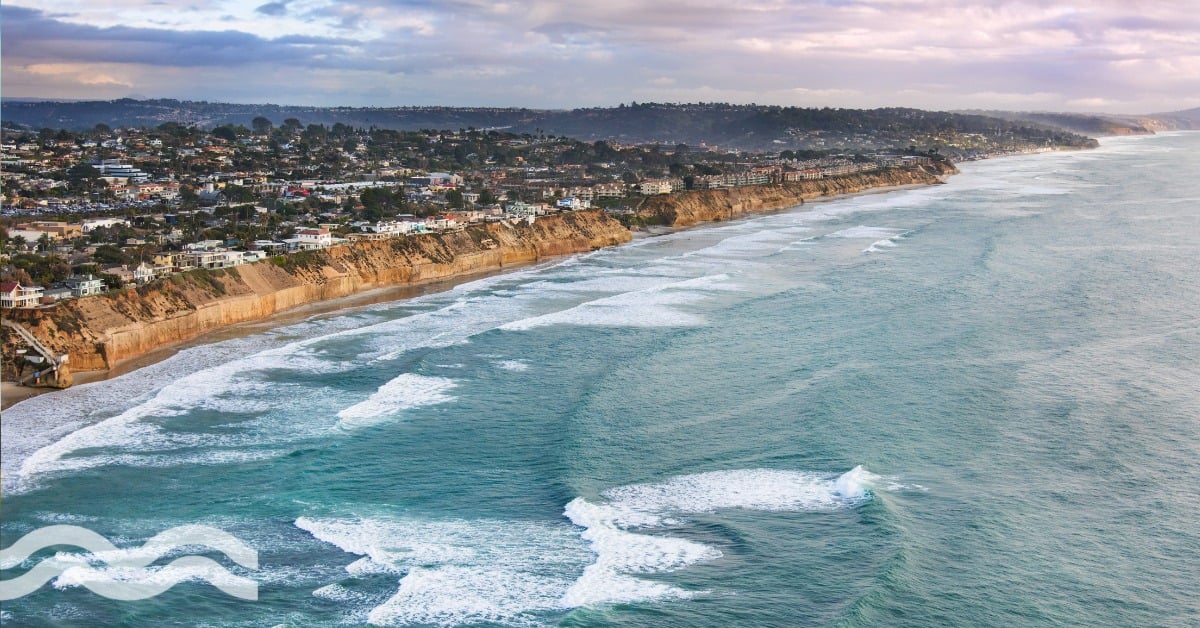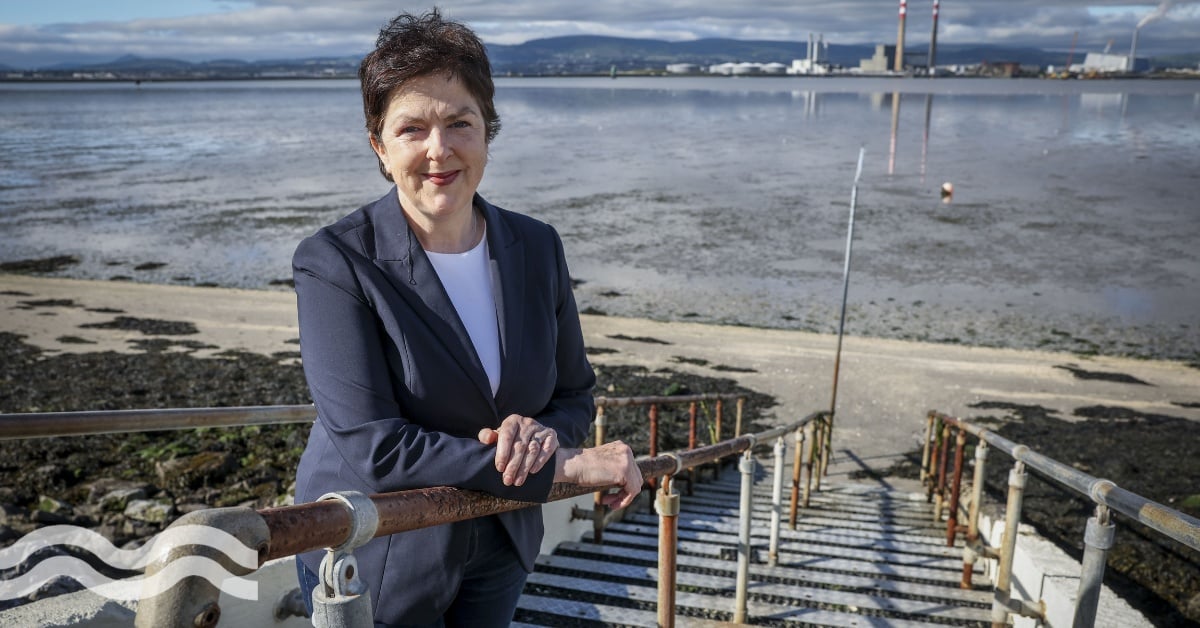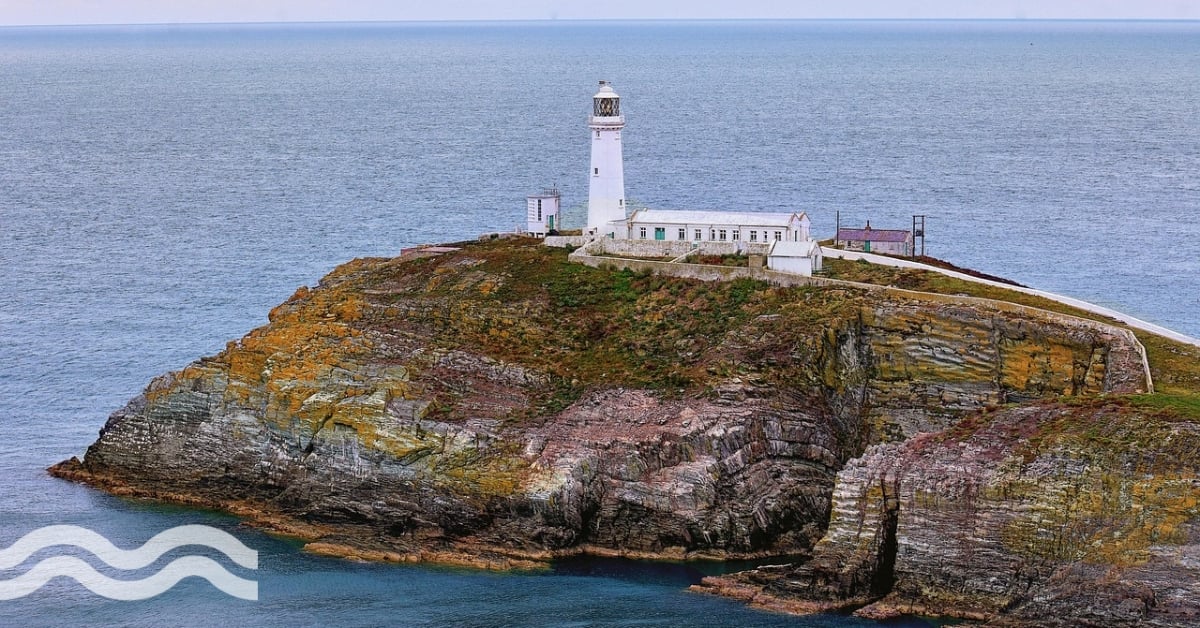Dutch water and agri-food sectors combine to combat salinity
.jpg?h=400&iar=0&w=1140)
The Saline Water & Food Systems Partnership, a collaboration between the Netherlands Water Partnership and the Netherlands Food Partnership, has approved three projects for seed money funding in low and middle-income countries that aim to tackle salinity issues.
Resilient Roots in Bangladesh
The Resilient Roots: Leveraging Indigenous Practices for Salinity Adaptation in Southern Bangladesh project will be implemented by the Center of People and Environ, Vrije Universiteit Amsterdam and Krisoker Sor (Farmers' Voice).
Approximately 1.5 million hectares of arable land is threatened by high salinity levels in coastal areas of southern Bangladesh. With levels often exceeding 4 dS/m, the resulting soil degradation can affect crop yields, leading declining economies and migration.
The focus will be on three coastal locations that are all vulnerable to salinity but also to other climate-related issues: Koyra, located in the Khulna district is experiencing salinity, cyclones and storm surges; Bhandaria in Piorjpur district faces waterlogging and cyclones in addition to salinity and storm surges; Hatiya in Noakhali district is experiencing tidal inundation as well as salinity and waterlogging.
The project aims to develop a climate-resilient supply chain by utilising local knowledge and practices that can help to agricultural systems adapt to the saline conditions.
Rice cultivation in Senegal
Salinity-affected rice cultivation in Senegal is being investigated by a consortium involving Africa Rice Center and MetaMeta.
The 'Integrated Soil Salinity Management in rice-based cropping systems in the Senegal River Valley (ISSM4RICE) delta' project is running for six months and will explore ways of mitigating soil degradation that is undermining productivity and threatening food security in the country.
The project builds on AfricaRice's experience in the region, working on similar projects, and will focus on 'joint learning to raise awareness and strengthen the capacity for cost-effective farm solutions for salinity'. It will involve three key 'packages':
- Demonstrations of integrated salinity management options through farmer field schools.
- Knowledge co-creation to compile a comprehensive knowledge product that gives an overview of practical and effective salinity technologies specific to the region.
- Enhancing dialogue and learning among stakeholders, to strengthen capacity via exchange visits and stakeholder facilitation sessions.
Resilient Roots in Mozambique
Eastern Africa has a long coastline which makes it prone to the effects of salination. In Mozambique, soil also faces degradation from land clearances. This makes attempts to tackle salination a tougher challenge, because classic approaches using salt tolerant crops and water management, only deal with half the problem.
The 'Mozambican Saline Agriculture Research and Practice: Agroforestry Solutions and Training Development (MoSARP)' project aims to tackle both salinity and wider agroecological management solutions adapted to coastal agricultural systems. It will be run by a consortium consisting of Agricultural Research, Weltweit e.V., The Salt Doctors, and the Vrije Universiteit van Amsterdam.
Other issues the project has identified includes knowledge and action gaps in the country's institutional approach, spanning policy, education, and research.
To address these issues, the project will focus on two main paths: Identifying agroforestry solutions adapted to salt-affected coastal lowland environments; and developing a saline agriculture training curricula suited to the local context. One goal is long-term collaborations that build on previous initiatives and that use and share expertise from both local and international sources to develop a pilot field trial of potential solutions.


